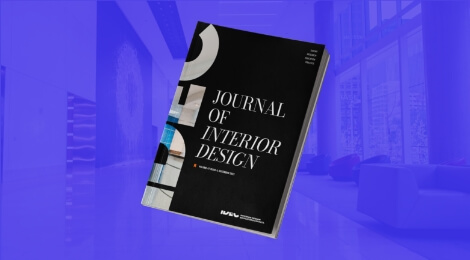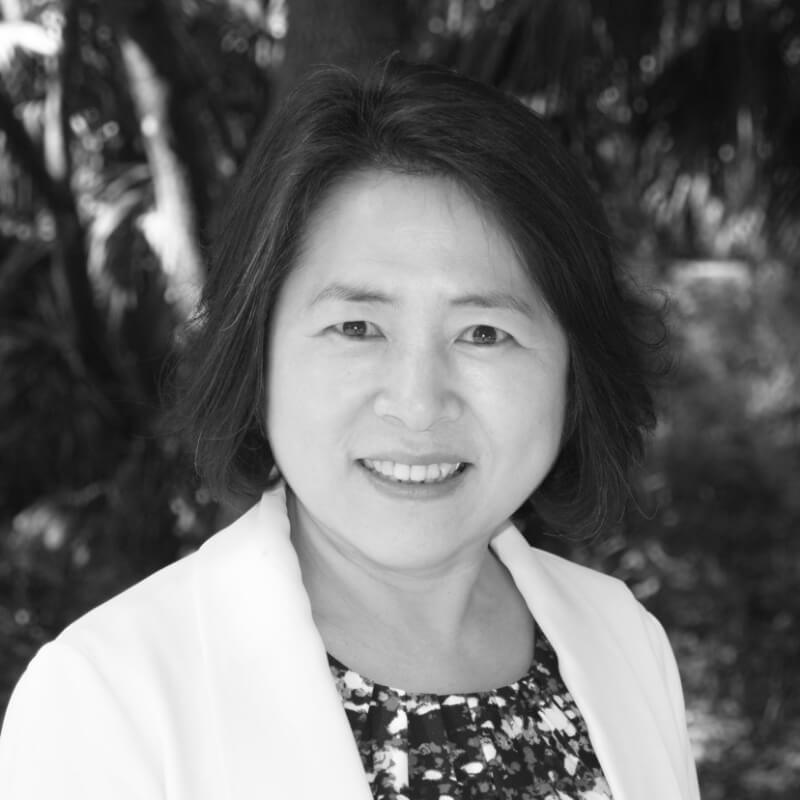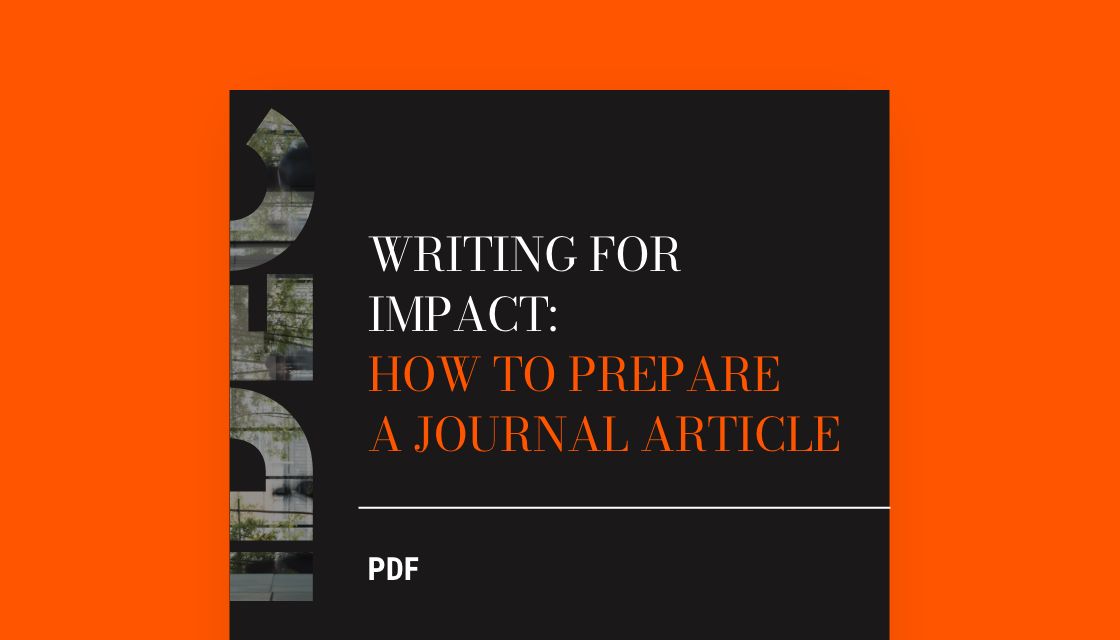The webinar is divided into five parts:
- a detailed description of the review process by Joan Dickinson, Ph.D., Editor-in-Chief (EIC)
- factors considered when reading the initial submittal of the manuscript/essay by Lynn Chalmers, Ph.D., Associate Editor (AE), Joan Dickinson, Ph.D., EIC, and Nam-Kyu Park, Ph.D., AE
- the notice of revision (NOR): What is this? What does it look like? by Joan Dickinson, Ph.D., EIC
- how to respond to reviewer comments by Joan Dickinson, Ph.D., EIC
- reviewer perspectives and insights regarding the review process by Mary Anne Beecher, Ph.D., Anna Marshall-Baker, Ph.D., and Marilyn Read, Ph.D.
Specifically, the editors provide increased transparency of how the review process works for JID. The steps involved once the manuscript is received through Scholar One/Manuscript Central (the website used for manuscript submittal) are described. Additionally, insight from the review board provides an additional layer of guidance on what to expect once your manuscript or essay is reviewed and returned. The webinar is available for viewing at: https://youtu.be/wdHJTTwChpk.
The Journal will then host a live session on Thursday, April 7 from 3:00-4:30 PM EST, to enable dynamic discussion and answer questions related to the online webinar. The live session will give new authors, graduate students, and established authors the opportunity to meet the editorial staff along with the editorial review board to ask questions. The live session will address:
- Discussion and questions regarding the review process.
- Guidance for new authors, graduate students, and established authors submitting revised manuscripts or essays.
- Insight from reviewers and editors on factors considered when reading the initial submittal of a manuscript or essay.
The webinar is free to anyone interested in submitting an article to JID. Pre-registration is required for the access links.

















